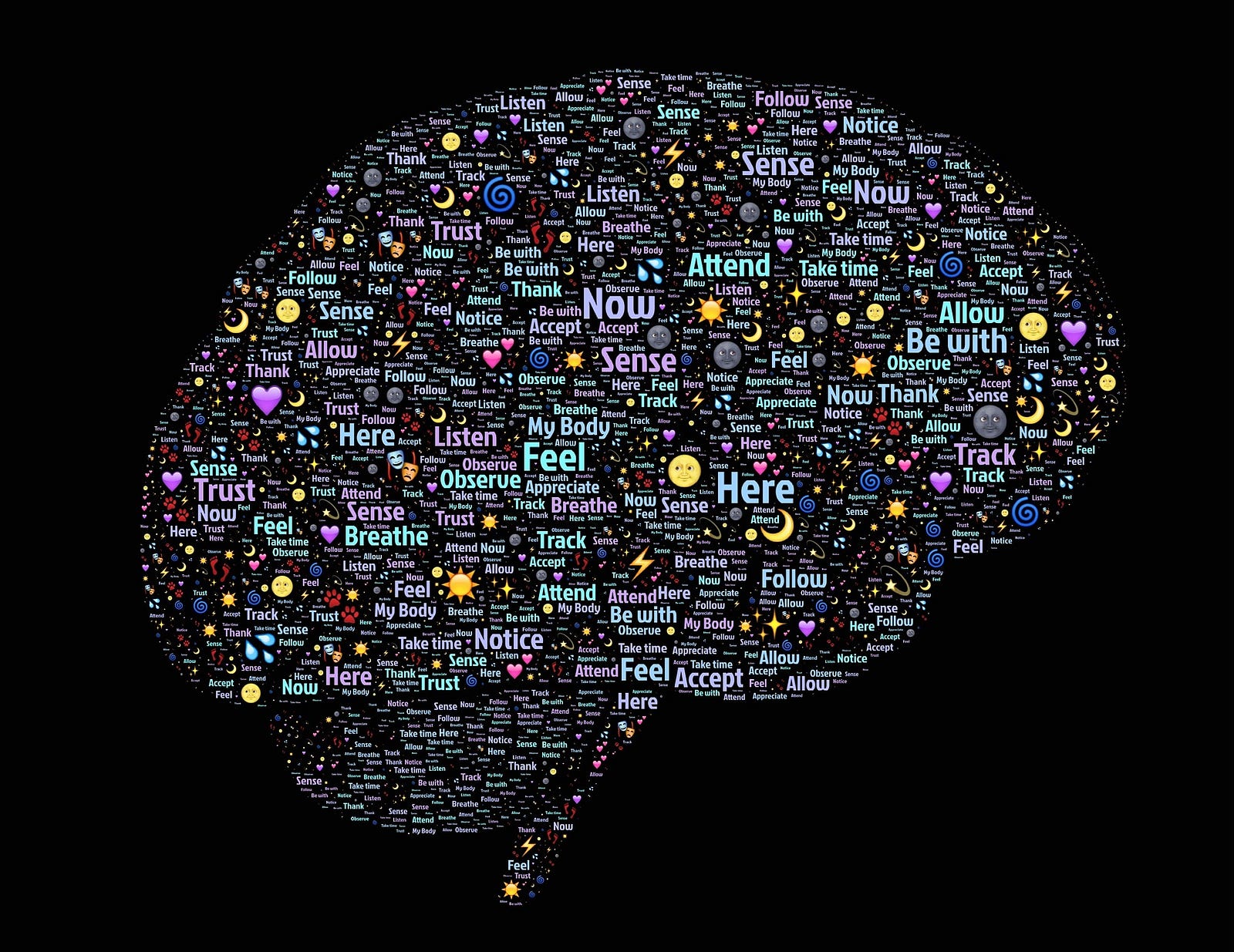A common empowering narrativethat mindfulnessis beneficial — by at the very least making life more interesting, but also is likely to increase good emotions while reducing bad ones — has done much good for the world and for me as an individual.
The narrative has been pushed through millennia from various traditions, and currently being promoted by mindfulness teachers across the world. Although I personally been believing this for about a decade, Sam Harris is the most recent one who’ve framed mindfulness to shape my narrative around it: that at the very, very, very least: it makes life more interesting — and it also has ability to improve life.
Collectively, this narrative serves as a protection to make quite few of us doubt the effects of mindfulness. As such, you rarely get criticized for telling people you’re meditating. The most common response when telling about your meditation habits to non-meditators is that they wish themselves meditated or that you’re simply a bit odd.

The reason mindfulness teachers are driving this narrative, and why its also being driven further by mindfulness-practitioners is mainly the perceived feeling that the narrative is truthful: being mindful is beneficial.
To me, the narrative makes me feel good about being mindful. The opposite state-of-mind: conscious blindness, ignorance of sensations, focus on narratives/goals/thoughts rather than awareness, becomes less appealing.
In my personal history, I have had periods of not meditating, and that’s for a case where this narrative hasn’t been strong enough to convince me to stick to the habit. I vaguely remember my thought-process from those times, which could be separated into:
1) believing that mindfulness isn’t more important than experiencing fulfilling emotions
2) believing that mindfulness is all great, but meditation not so much
Over time, my belief in the narrative around benefits of mindfulness has “swallowed” the two other narratives and baked them together, as:
1) The experience of fulfilling emotions becomes stronger when mindful ; and mindfulness helps handle “unwanted” emotions
2) Meditation increase mindfulness. Quite difficult having same level of mindfulness without regular meditation
For the world, this narrative has done greatly in promoting mindfulness. It serves both as an offense-strategy in the power-battle of narratives, but also as a defense against narrative attacks against mindfulness.
With the narrative of mindfulness being protected, we are able to do better intellectual work, and enjoy life better. Examples of intellectual work that can be contributed to mindfulness is we, as humans, has been able to write better books (like the well-cited author Yuval Noah Harari accrediting much of his work to his dedicated mindfulness practice (which likely wouldn’t happen if the positive narratives of mindfulness wasn’t well-spread, and protected)), we also been able to hold more thoughtful discussions (Sam Harris Waking Up podcast, Future Thinkers podcast), increase productivity (many high-demand workers meditate (especially in Silicon Valley area (if productivity from that region is good for well-being is another question))).
In summary, the narrative of benefits of mindfulness has been around for millennia and mainly been driven by those experiencing those very benefits. For me personally this narrative has helped me increase my mindfulness and thereby well-being. For the world, it has helped us improve our intellect and well-being.